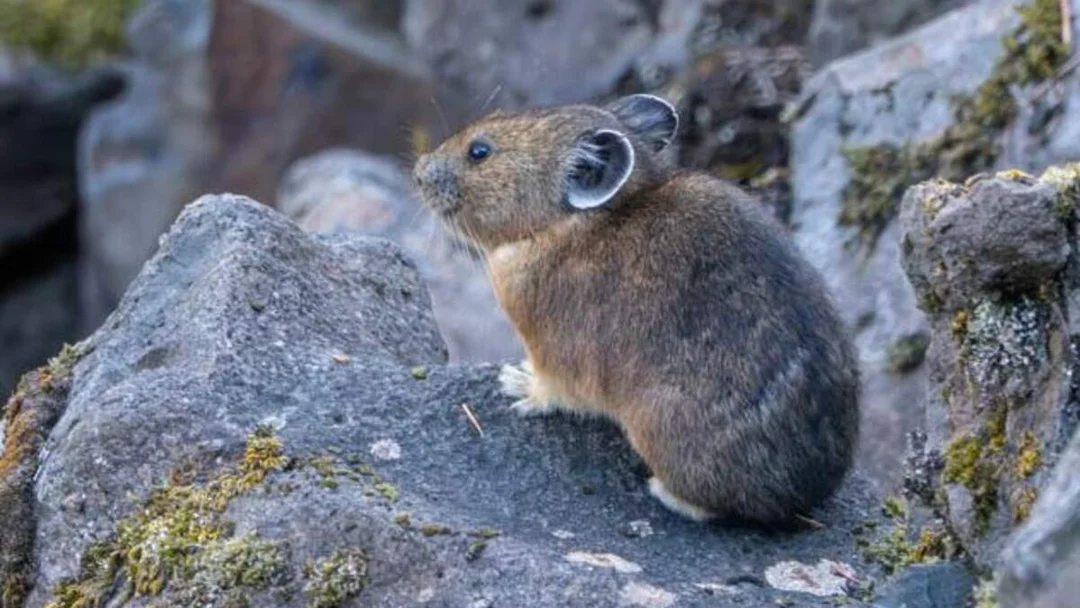
Oregon Zoo Seeks Passionate Volunteers For Pika Watch Program
If you love spending your time outdoors, observing the intriguing creatures of nature, you have a golden opportunity to make a difference this summer! The Oregon Zoo is actively recruiting volunteers for the Cascades Pika Watch, a program dedicated to monitoring the charming American pika in the picturesque Columbia River Gorge.

The American pika, a small, potato-sized member of the rabbit family, is easily recognizable by its high-pitched chirps and adorable appearance. Found mostly in rocky terrains and mountainous areas, these little mammals are not just fascinating due to their cuteness, but they also serve as an essential indicator of environmental health.
This vigilant program gathers volunteers for summer-long outdoor excursions, where they will utilize binoculars and GPS technology to locate and map pika populations in the Gorge. The data collected contributes to understanding how climate change may be altering their habitats and populations.
Last summer, volunteers reported an encouraging upswing in pika sightings following the devastation of the 2017 Eagle Creek fire, identifying pikas in 65 out of 84 surveyed locations. This upward trend is indicative of the animals' resilience, which Johanna Varner, a scientific advisor for the program, highlighted as a positive step for the pika population.

Volunteers will begin surveying new sites at the margins of the pika's core habitat, as the Columbia Gorge meets the drier terrain east of Mount Hood. This expansion of monitoring efforts could serve as an early warning system for any potential declines in pika populations, allowing wildlife managers to intervene when necessary.
Varner emphasizes the invaluable role of citizens in conservation efforts, stating, “It’s open to anyone, and it’s a perfect opportunity to get outdoors and make a meaningful contribution to conservation science.” This project not only aims to track the pika population but also connects volunteers with the rich biodiversity of the Columbia River Gorge, allowing them to directly engage with the ecosystem.
Anyone interested can join for training sessions held on May 8, 9, and 10 at the Oregon Zoo or remotely through an online course available throughout the summer. As mentioned, no special skills are required, just a passion for the outdoors and wildlife!
In conclusion, the Cascades Pika Watch offers both a unique volunteer experience and a vital contribution to understanding environmental changes. Will you step up to help protect these delightful creatures? We encourage readers to leave comments on their thoughts about volunteerism in wildlife conservation.